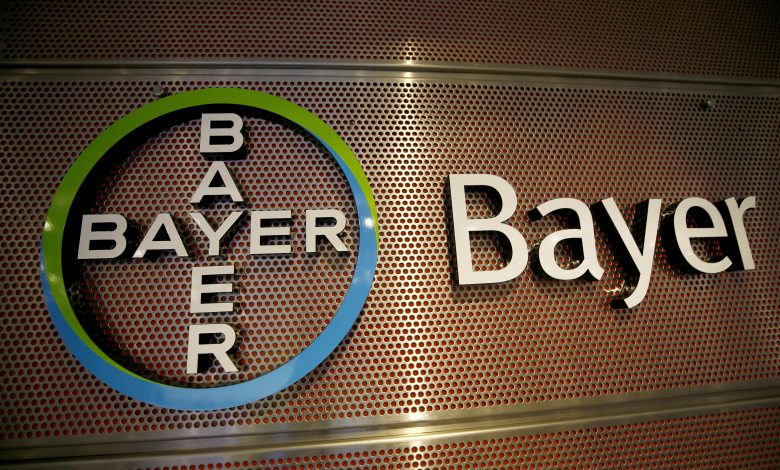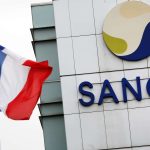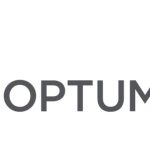Bayer Slashes 2023 Sales Forcast By 2.5 Billion Euros

Bayer, the German conglomerate, has announced that the company has made significant adjustments to its 2023 sales forecast, reducing it by 2.5 billion euros on both ends. The revised estimate now projects the full-year revenue to fall within the range of 48.5 billion euros to 49.5 billion euros, considering currency adjustments.
The major factor driving this grim outlook is the continued decline of Bayer’s glyphosate-based Roundup business. This downturn is attributed to a combination of price drops and reduced volumes for the herbicide. Notably, Roundup was at the center of Bayer’s ill-fated acquisition of Monsanto in 2018, which was sealed at a staggering cost of $63 billion.
The struggles faced by the glyphosate sales are now raising concerns about the possibility of Bayer undergoing a breakup. This idea has been gaining momentum, particularly after the company appointed pharma veteran and former Roche executive, Bill Anderson, as the new CEO, replacing the former CEO and Monsanto advocate, Werner Baumann.
Taking the helm on June 1, Anderson has expressed willingness to consider the proposition of splitting the company, which some investors have been demanding. During a media briefing in April, he acknowledged the calls for a breakup and assured that he would keep an open mind regarding this matter, as reported by Reuters. The future direction of Bayer, its business units, and potential restructuring measures now remain subjects of close scrutiny.
Recent reports indicate that the newly appointed Bayer CEO, Bill Anderson, is actively working on plans to spin off the company’s agriculture business into a separate publicly traded entity. This move is seen as the preferred solution for Bayer’s agriculture unit, according to sources from Platow Brief, a German markets news service. By separating the crop sciences division, Anderson can potentially focus more on the pharmaceutical business, which faced challenges in the first quarter due to Xarelto price reductions and patent expirations in certain markets. Additionally, the company’s second-largest product, Eylea, has been experiencing a slowdown amid stiff competition.
Despite these challenges, Bayer has high sales expectations for prostate cancer drug Nubeqa and kidney disease therapy Kerendia. However, the company needs to work on strengthening its pharmaceutical pipeline further.
The glyphosate-based Roundup business has been a source of significant trouble for Bayer, with tens of thousands of lawsuits alleging that the herbicide caused cancer. While Bayer reached a settlement worth up to $10.9 billion in 2020 to resolve existing and future Roundup allegations in the U.S., some plaintiffs have not agreed to the settlement, leading to ongoing legal battles in other countries. Moreover, Bayer’s stock price has suffered considerably since the Monsanto deal, losing about half of its value since mid-2018. Advocates for spinning off Bayer’s crop science department argue that a breakup would result in better equity value for each business.
The glyphosate business faced a disappointing downturn after experiencing a surge in demand in 2022. In the first quarter, sales from glyphosate-based products declined significantly by 688 million euros or 50% compared to the same period the previous year, mainly due to pricing pressure. As a result, Bayer expects to record an impairment of approximately 2.5 billion euros, primarily attributed to the glyphosate business, in the second quarter.
While the reduced projection for glyphosate sales didn’t come as a surprise to some analysts, there were expectations that the company’s seed products would help compensate for the decline, as they did in the first quarter. It’s worth noting that FMC Corporation, another insecticide producer, also lowered its full-year sales expectations recently, indicating broader challenges in the industry.





